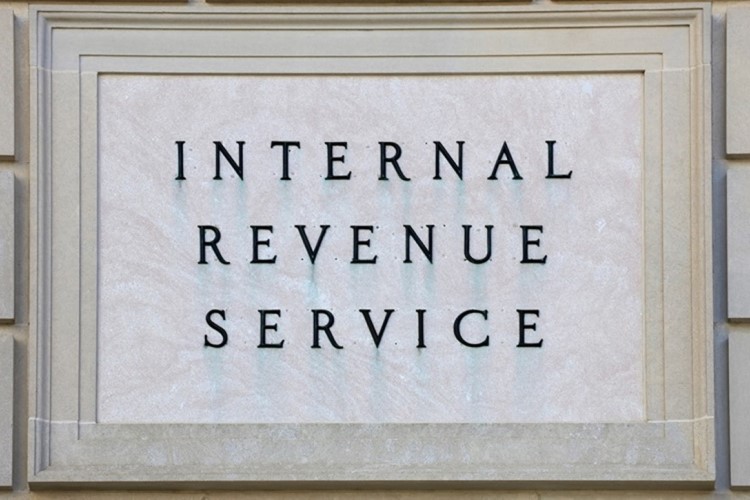In late June, the IRS issued a notice providing critical guidance on early withdrawal penalty exemptions under the SECURE 2.0 Act.
The law includes significant provisions for individuals experiencing domestic violence, an issue that has affected millions across the U.S.
According to the Centers for Disease Control and Prevention (CDC), one in four women and one in seven men will experience physical violence from an intimate partner at some point in their lives. Annually, more than 5 million incidents of domestic violence are reported among women aged 18 and older, with another 3 million reported involving men. The IRS’s new guidance aims to offer some financial relief to those affected.
The notice states that victims of domestic abuse can now withdraw funds from their retirement plans without incurring the usual early withdrawal penalty. To qualify, the withdrawal must be made within one year of the individual being victimized by domestic abuse from a spouse or domestic partner.
The notice further elaborates on several key points:
- Definition of domestic abuse victim distributions. The guidance provides a clear definition of what constitutes domestic abuse for the purpose of these distributions: “Physical, psychological, sexual, emotional, or economic abuse, including efforts to control, isolate, humiliate, or intimidate the victim, or to undermine the victim’s ability to reason independently, including by means of abuse of the victim’s child or another family member living in the household.”
- Eligible retirement plans. The IRS specifies that IRAs and certain retirement plans not subject to spousal consent requirements under sections 401(a)(11) and 417 are eligible for these distributions.
- Dollar limitation. The notice provides that a domestic abuse victim can withdraw up to $10,000 from an “applicable eligible retirement plan,” adjusted for inflation, and states that the distributions should follow the same rules that apply to qualified birth or adoption distributions. Accordingly, an individual has up to three years from the day after receiving a domestic abuse victim distribution to repay the amount “to an applicable eligible retirement plan in which the individual is a beneficiary and to which a rollover can be made.”
The notice also provides that taxpayers are permitted to receive a distribution from an eligible retirement plan to meet unforeseeable or immediate financial needs related to necessary personal or family emergency expenses. Distributions are considered compliant with 401(k) plan distribution restrictions — plan sponsors can permit funds from elective deferrals, qualified nonelective contributions, qualified matching contributions, and safe harbor contributions to be included in both emergency personal expense and domestic abuse victim distributions. The guidance further notes that allowing these distributions is optional for the plans.
This new IRS statement represents a significant step in supporting domestic abuse victims, providing them with a means to access necessary funds during times of crisis without the added burden of financial penalties.


